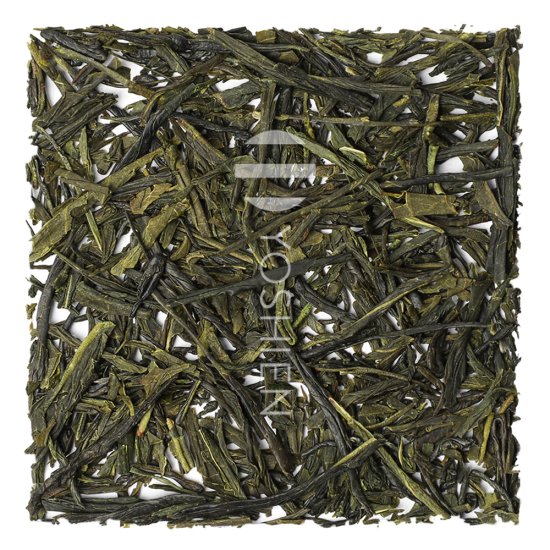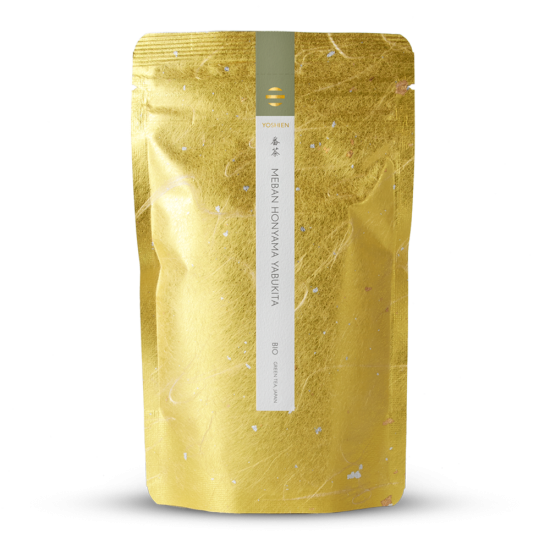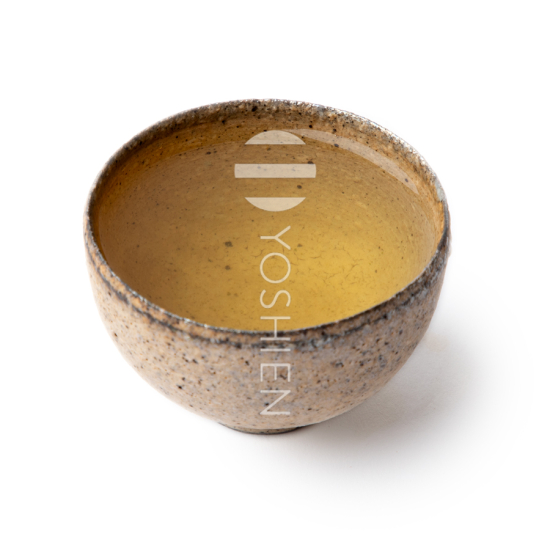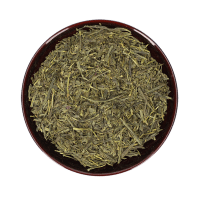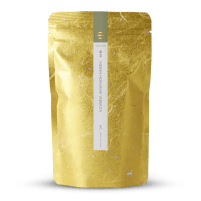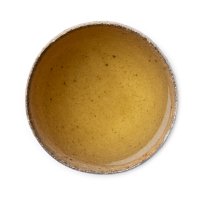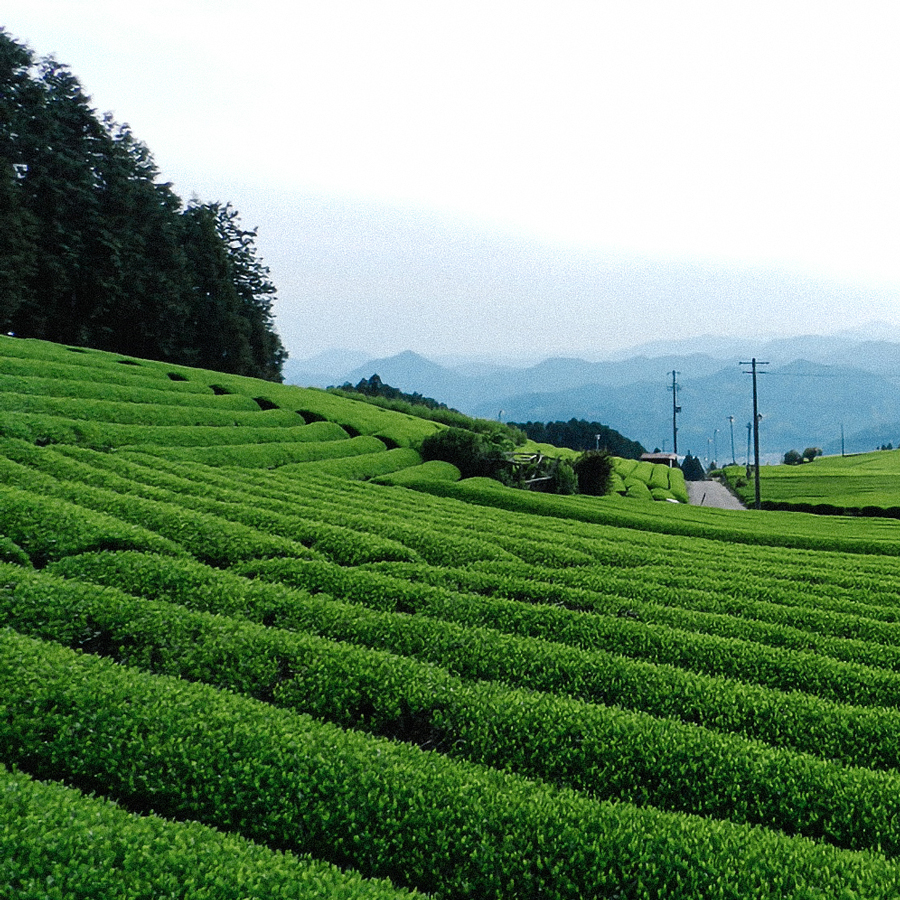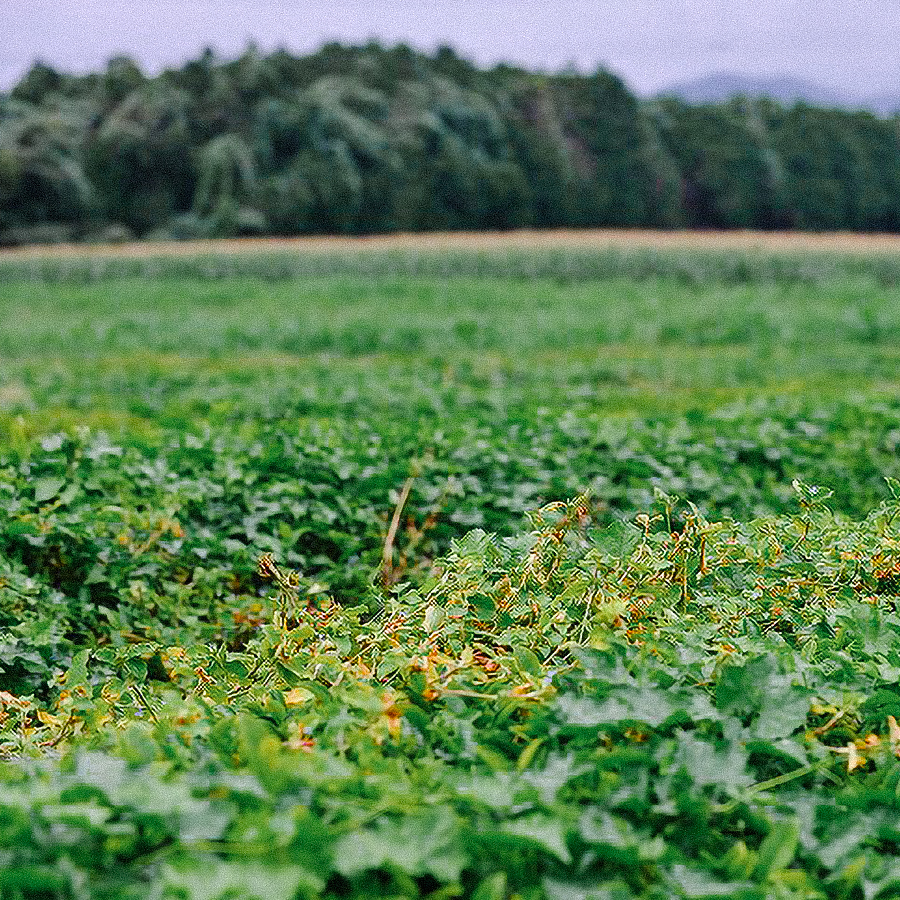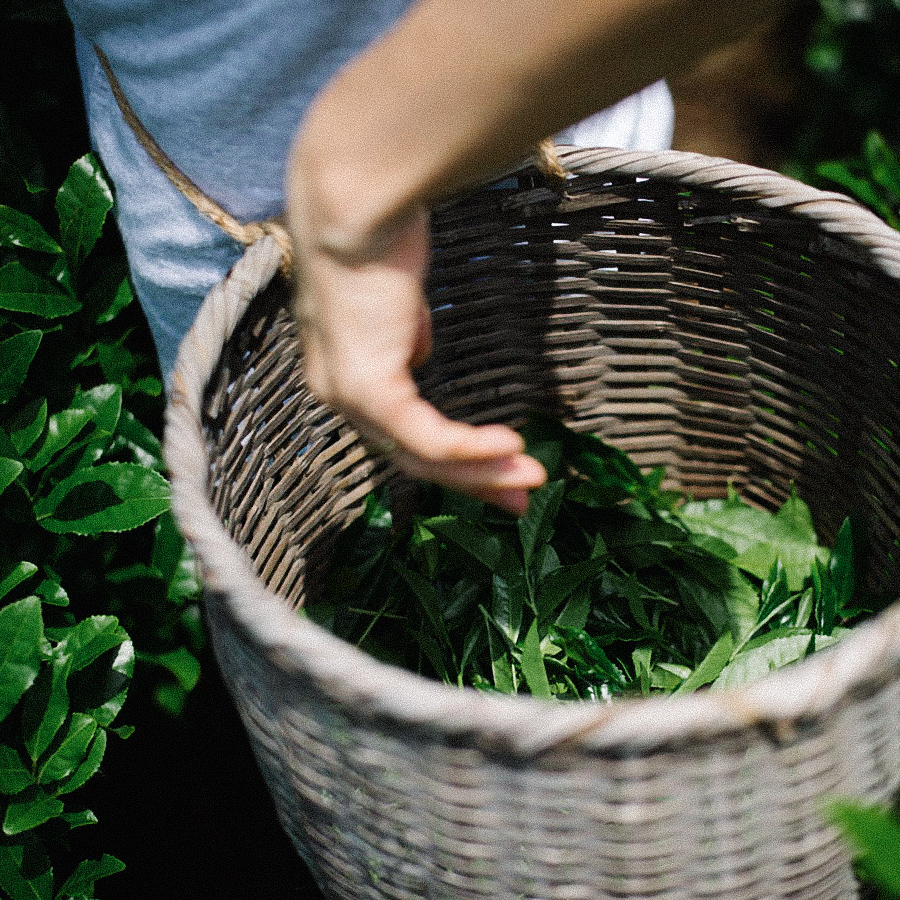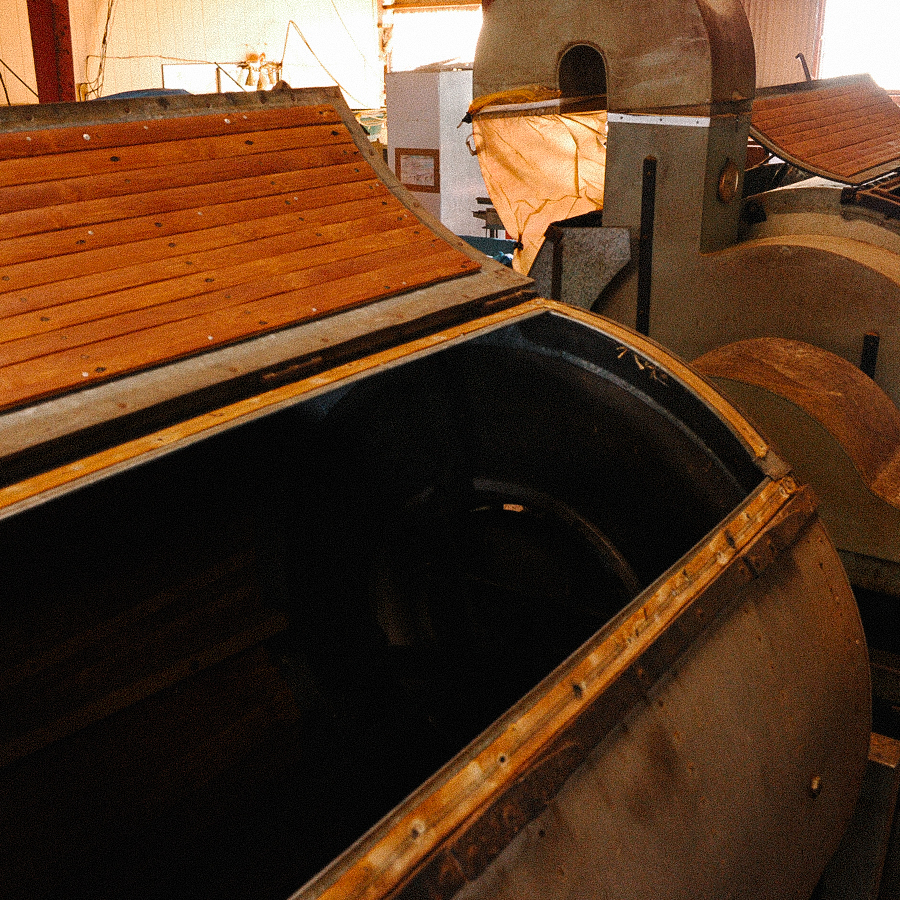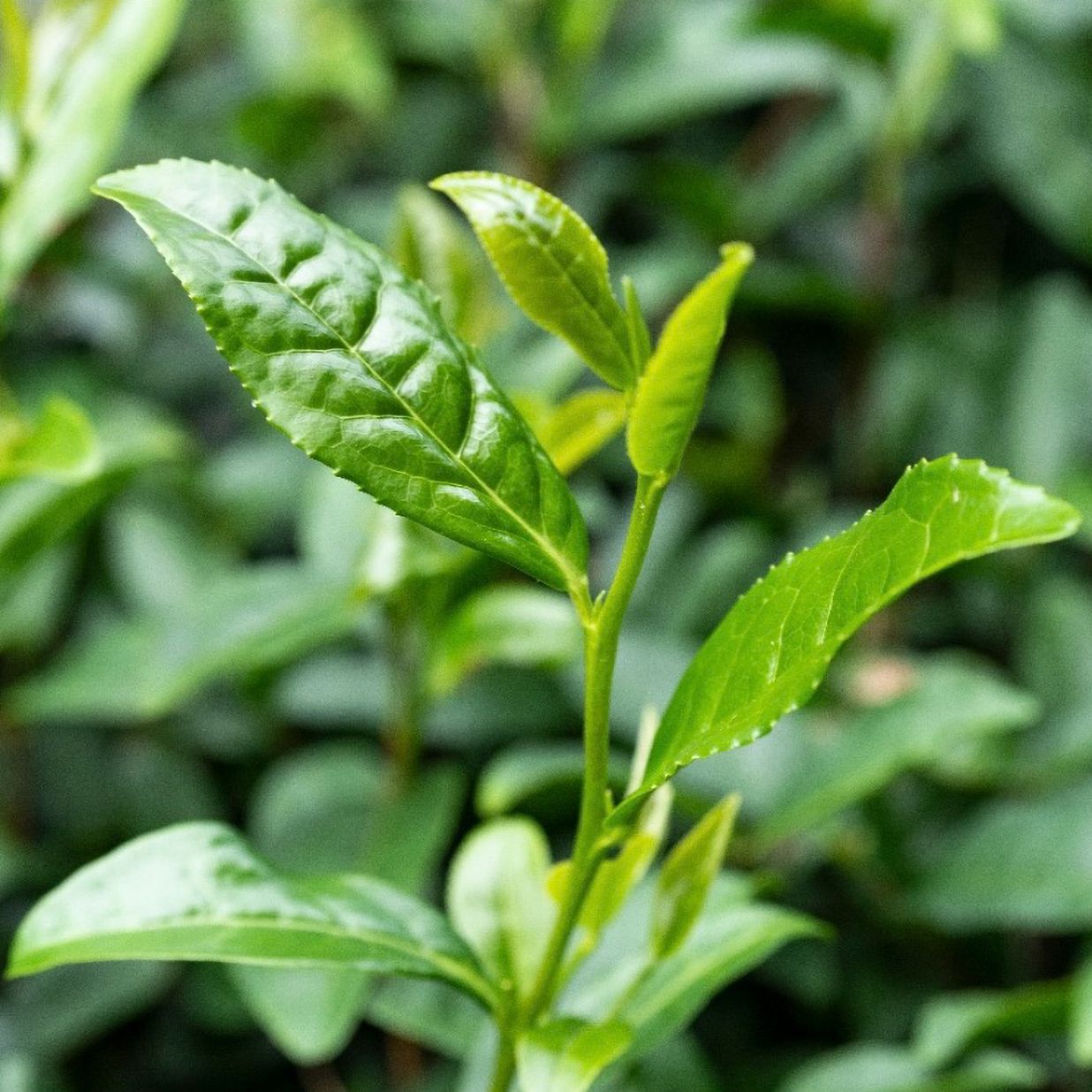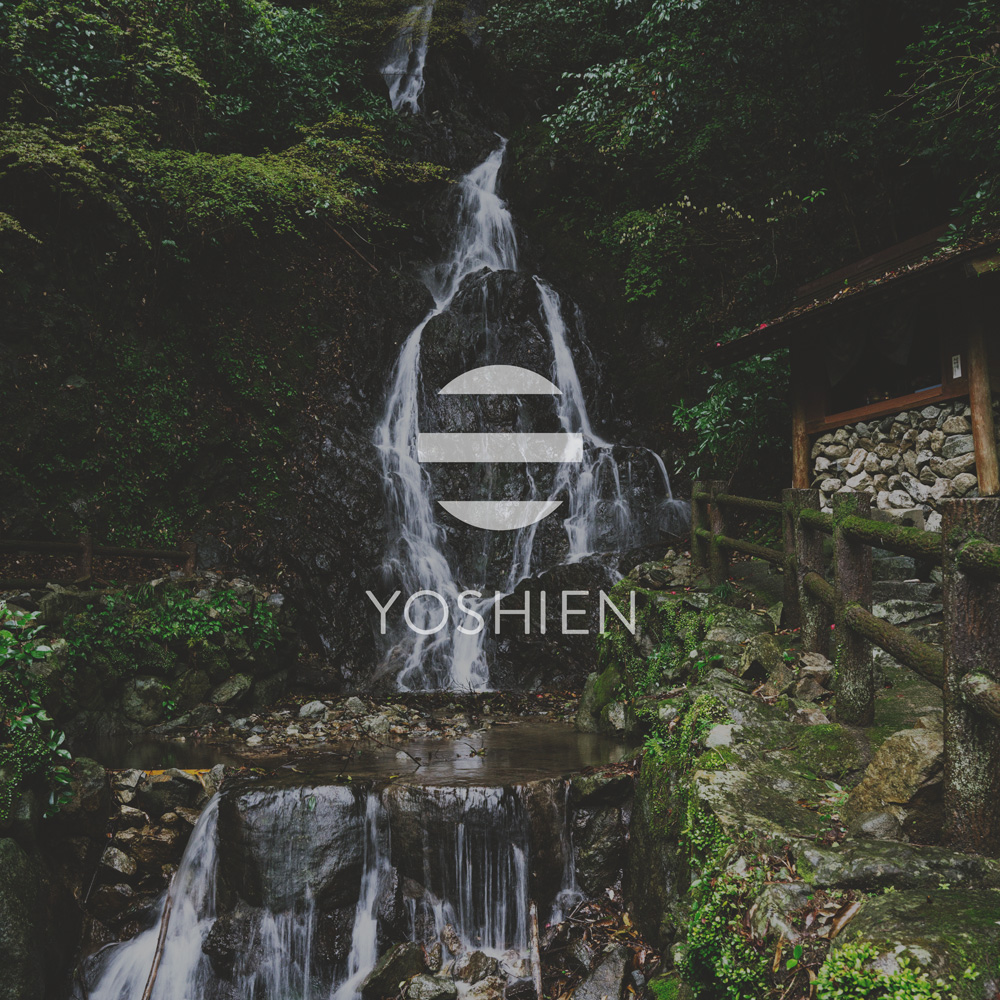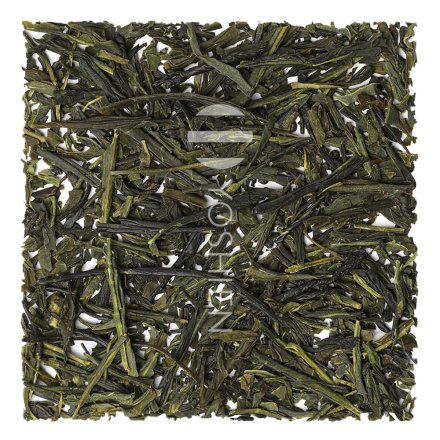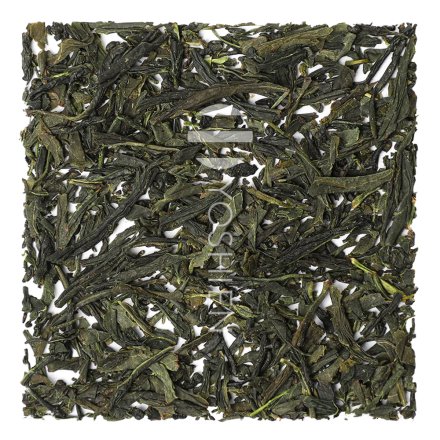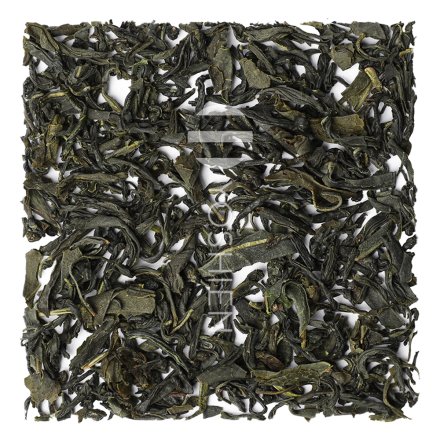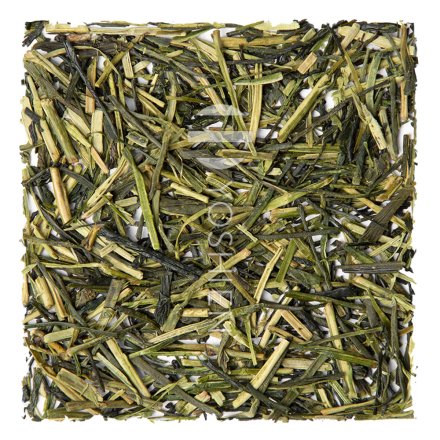The tea field is located in the steep, mountainous landscape of Honyama above the Shizuoka River. It is perched high above the valley and protected from both sides by forest. The south-facing slopes ensure ideal drainage as well as copious sunlight. The high elevation and regular morning and evening fog create a perfect bracing climate to stimulate the growth of healthy tea leaves. Since 1990 the fields have not been treated with pesticides and have only been fertilised with natural products. Only a few dozen kilos of this tea are harvested each year, using hand-operated machines. Honyama is considered one of the best growing regions for sencha in Japan.
Single Origin
A renowned young tea farmer located in one of the top growing regions for bancha.
Organic Certification

PL-EKO-01
Nicht-EU-Landwirtschaft




